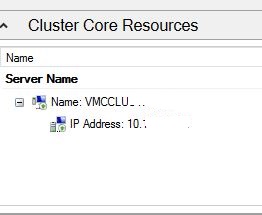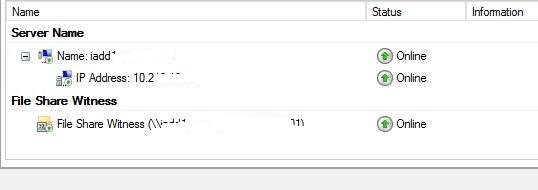Not having a listener IP means that you will get the functionality provided by a FCI (Failover Cluster Instance) rather than a fully fledged AG + FCI solution. In effect you are asking what are the effects of using a FCI as a data source as opposed to an AG and how can I expand on it.
The FCI will require you to stop a service on one node with shared storage and wait for it to start on a different node after the resources are started on it. This takes time. By using this IP you will have to deal with this downtime every time you patch or fail over.
An AG has the service running at all times on all the nodes and you get to set much better priority, along with assigning read only node options to your clients connection strings. This means faster failover, dynamic rerouting of applications with the READ_INTENT connection setting, and better management of your entire AG solution and cluster as a whole.
It is very simple to add or remove a listener so do not worry if you don't have one yet.
Edit to question:
Having a listener or not in SQL Server doesn't affect a FCI failover unless you do something with the dependencies with each other. Outside of that a FCI will remain independent and operate on the instance level. The FCI will failover if there is a issue with the heartbeat or it's initiated, the AG solution with a listener will do so at the database level. Thus you can have your application working off an AG listener which can work independently of the FCI depending on how the solution is designed. We have some FCI/AG MCM's and experts here who can give you more in depth answers too.




